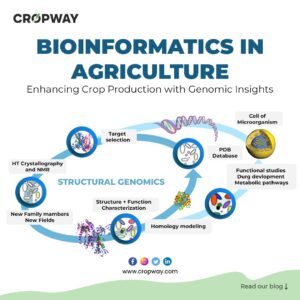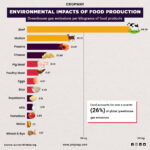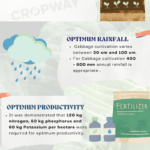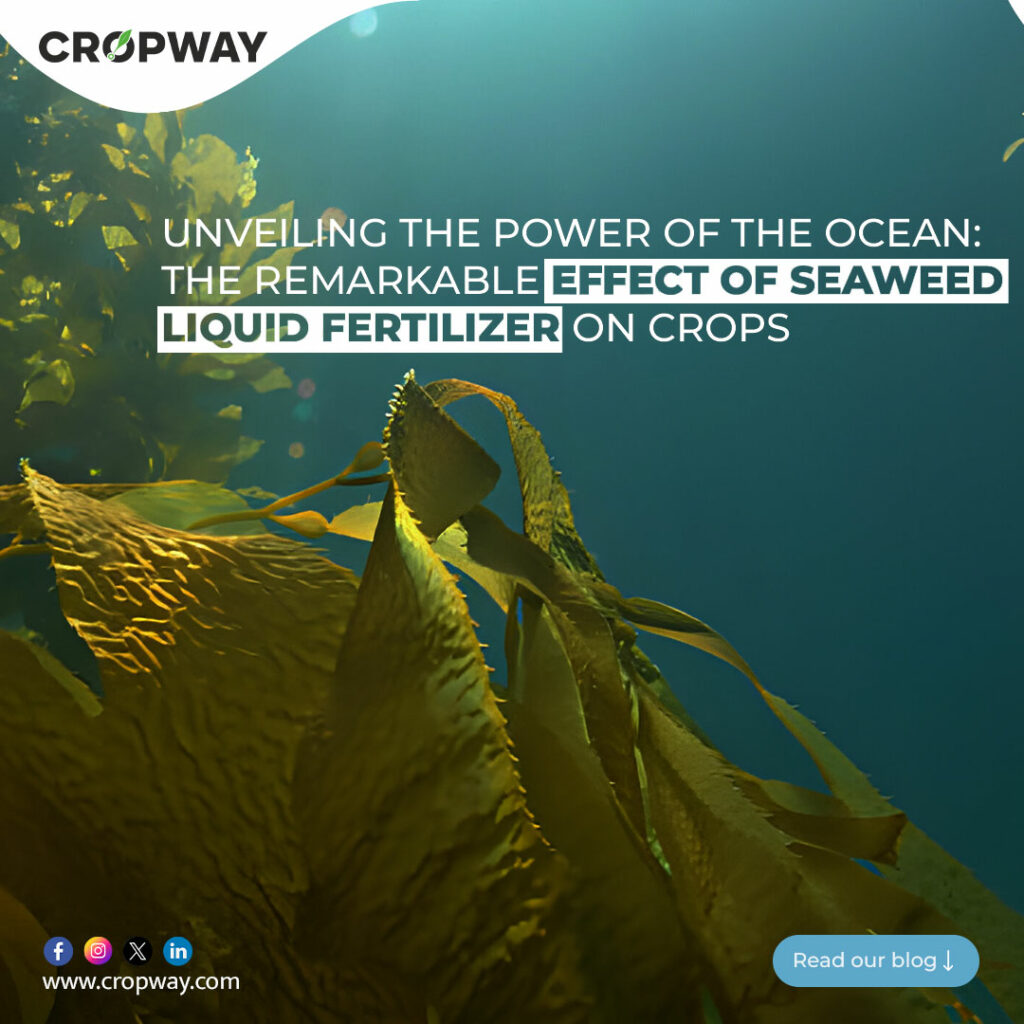
Introduction
Seaweed Liquid Fertilizer, derived from brown and red algae, serve as potent biostimulants fostering robust crop growth, elevating crop quality, fortifying stress resilience, and promoting soil vitality. Recognized as a remarkable organic nutrient source, seaweeds offer an abundance of nitrogen, phosphorus, and highly soluble potash, alongside essential minerals, vitamins, amino acids, and trace elements (Fe, Cu, Co, Ni, Zn, and Mn). Enriched with growth regulators like auxins, gibberellins, and cytokinins, these extracts play a pivotal role in enhancing plant development.
A harmonious blend of nutrient richness and growth-promoting compounds positions seaweed extracts as a promising asset for sustainable agriculture.In this blog post, we will delve into the profound effects of seaweed liquid fertilizer on crops, exploring its benefits and how it contributes to a more sustainable and productive agricultural future.
The Origins of Seaweed Liquid Fertilizer
Seaweed liquid fertilizer is crafted from various species of marine algae, such as kelp, ascophyllumnodosum, and laminaria. Dried seaweed powder (1gm) was diced and mixed with 100ml distilled water, followed by autoclaving at 15 psi for 1 hour. After cooling at room temperature, the extract underwent filtration through muslin cloth. Subsequently, centrifugation at 3000 rpm for 10 minutes at 30 °C separated the supernatant.
This clarified liquid was transferred to a clean conical flask, cotton capped, and refrigerated for future use. The resulting 1% seaweed liquid fertilizer was then diluted to various concentrations (0.25%, 0.50%, and 0.75%) using sterile distilled water for diverse applications. These seaweeds are rich in essential nutrients, growth hormones, amino acids, and trace elements that are fundamental for plant growth.
Improved Nutrient Uptake
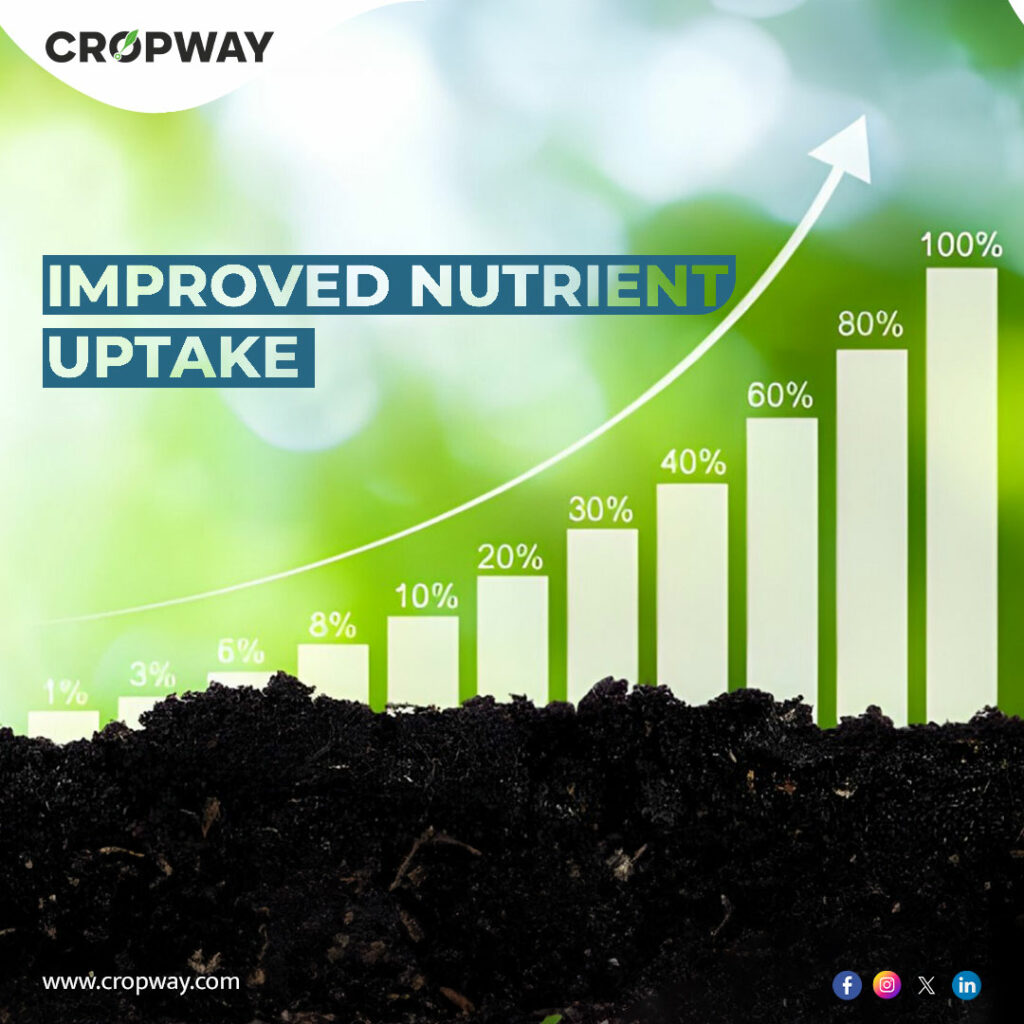
One of the primary advantages of seaweed liquid fertilizer is its ability to improve nutrient uptake in plants. The optimal concentration of seaweed extracts significantly enhances germination rates for cereals and pulses. For rice crops, a soil application of 12.5 and 25 kg ha-1, coupled with foliar spraying of 0.5% (v/v) seaweed extracts at the tillering + panicle initiation stage, remarkably influences root length. Seaweed extract applications mitigate transplanting shock in marigold, cabbage, and tomato seedlings, fostering increased root size and vigor.
The organic compounds found in seaweed extracts act as natural chelating agents, facilitating the absorption of essential minerals from the soil. This enhanced nutrient uptake results in healthier and more robust crops, leading to increased yields and improved crop quality.
Stress Tolerance and Disease Resistance
Seaweed liquid fertilizer has been proven to confer stress tolerance and disease resistance to crops.Studies reveal that seaweed provides protection against bacterial, viral, and fungal diseases in plants. Seaweed extracts induce plant defense mechanisms against pests and diseases, promoting sustainable plant health. Notably, species like Ulva, Durvillaea, Ascophyllum, Turbinaria, and Gelidopsis contribute to disease resistance in crops, underscoring the potential of seaweed products for enhancing plant resilience.Beyond traditional fertilizers, it imparts numerous advantages to plants, fostering strength and vitality. Robust plants exhibit enhanced resilience to environmental challenges, including drought, salinity, pests, and diseases, contributing to overall plant health and sustainability.
Boosting Crop Yield and Quality
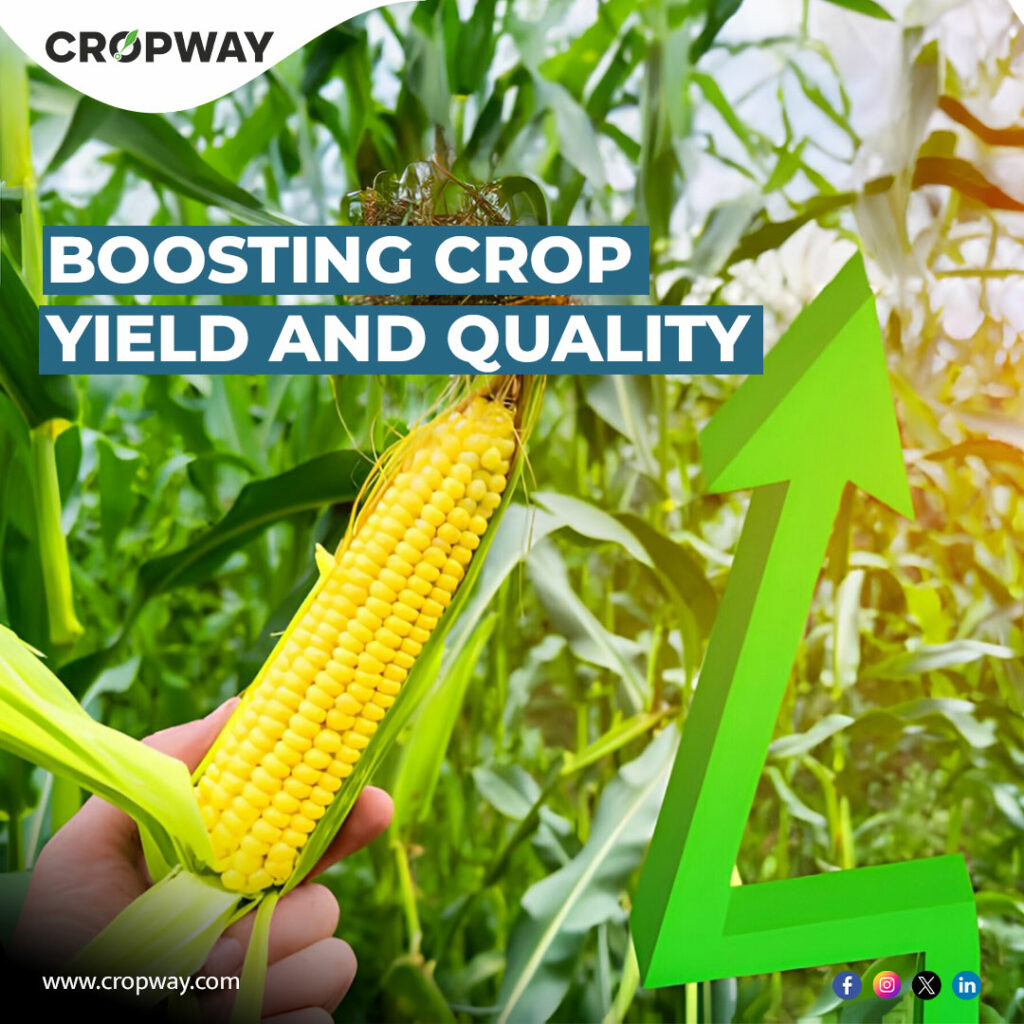
Numerous studies have demonstrated that the application of seaweed liquid fertilizer positively influences crop yield and quality. The presence of natural plant growth regulators in the seaweed extract promotes flowering, fruiting, and overall crop development.
The current study revealed a noteworthy increase in grain yield, with a significant boost of 19.74% and 13.16% observed in plants treated with 7.5% K. alvarezii and 5.0% G. edulis sap concentrations, respectively, compared to the control group. This augmentation correlated with heightened metrics such as spike number, spike weight, spike length, and 100-seed weight, underscoring the positive impact of these concentrations. Farmers adopting seaweed liquid fertilizer often witness not only an increase in quantity but also an enhancement in the nutritional profile of their crops.
Promoting Soil Health
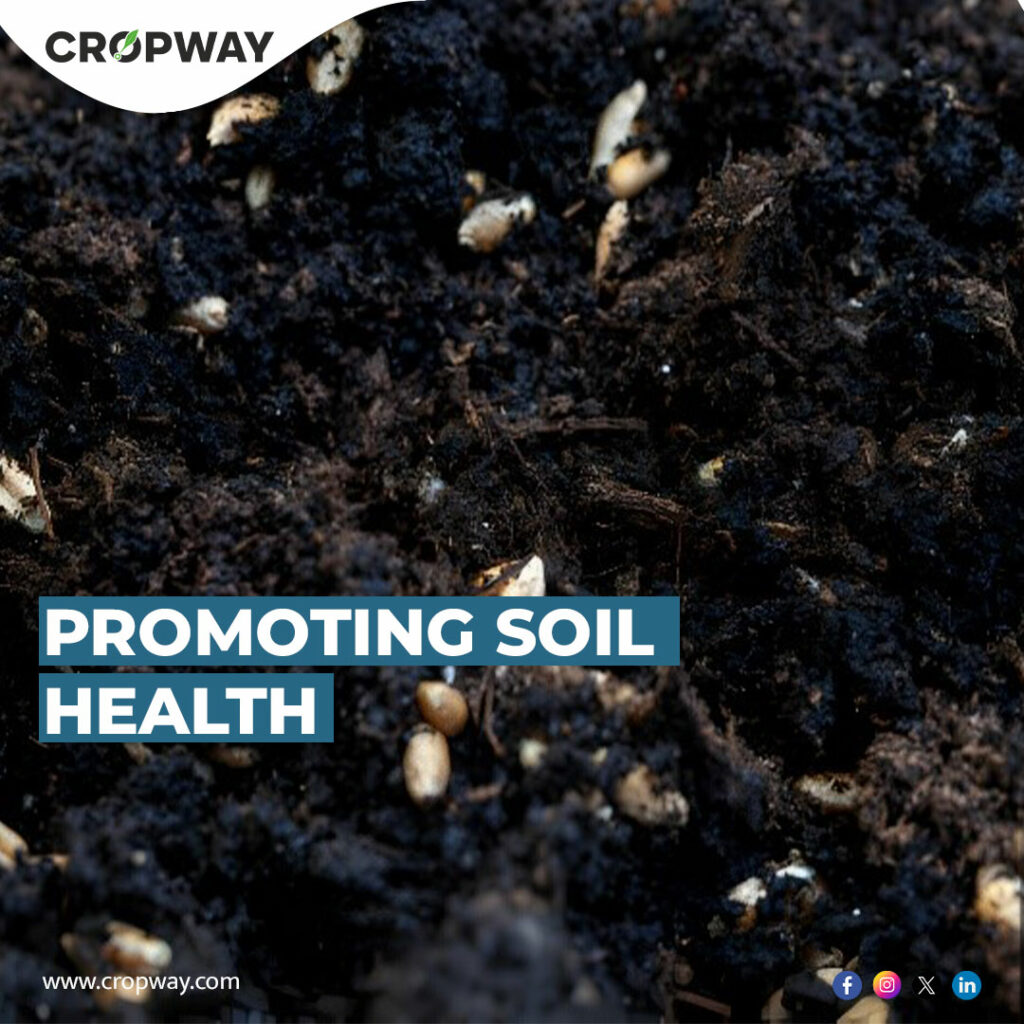
Beyond its direct impact on crops, seaweed liquid fertilizer contributes to the improvement of soil health. Seaweed extracts function as chelates, augmenting soil mineral elements and facilitating nutrient uptake in plants. They improve soil structure and aeration, fostering root growth. Soils treated with seaweed extracts show an increase in the number of bacterial families, indicating positive microbial influence.
Seaweed extract foliar application enhanced pH and availability of K, Ca, Mg, and Na in peat soil, indicating positive effects on its chemical composition. Furthermore, the application of seaweeds and their extracts activates the growth of beneficial soil microbes and promotes the synthesis of soil-aggregating agents, contributing to sustainable soil quality and crop growth.
Environmental Benefits
In addition to its positive impact on crop growth, seaweed liquid fertilizer also offers several environmental benefits. Being a renewable resource, marine algae used in the production of seaweed fertilizer can be sustainably harvested without depleting natural ecosystems. Furthermore, the cultivation of seaweed contributes to carbon sequestration, mitigating the effects of climate change. The eco-friendly nature of seaweed liquid fertilizer aligns with the growing global emphasis on sustainable and regenerative agriculture.
Application and Integration into Farming Practices

Seaweed liquid fertilizer is versatile in its application, compatible with various farming methods. It can be applied through foliar spray, soil drenching, or fertigation systems. The flexibility of application allows farmers to integrate seaweed-based fertilizers into their existing farming practices seamlessly. Additionally, the compatibility of seaweed liquid fertilizer with other organic inputs further enhances its adaptability in diverse agricultural systems.
Conclusion
Seaweed stands as an optimal biostimulant, providing essential nutrients, serving as an eco-friendly organic manure, and serving as a sustainable alternative to inorganic chemical fertilizers, ensuring robust crop yield.The effect of seaweed liquid fertilizer on crops is nothing short of remarkable. From improving nutrient uptake and enhancing crop resilience to promoting soil health and contributing to sustainable farming practices, seaweed-based fertilizers offer a holistic solution for modern agriculture.
Crops treated with 0.50% seaweed liquid fertilizers exhibited comprehensive agronomic advancement, manifesting in increased shoot and root length, larger leaf size, enhanced stem diameter, and prolific fruiting. Panicle studies revealed that the same treatment resulted in longer, heavier panicles with an overall greater seed count. After a one-year experiment, findings indicate that foliar application of seaweed extract at 4 ml/liter water during tillering and heading stages, along with 100% NPK, yielded maximum growth parameters. Significantly, the treatment with 75% NPK and foliar seaweed extract at 4 ml/liter water at the same stages performed on par with the former, outperforming the control group sprayed with water.


